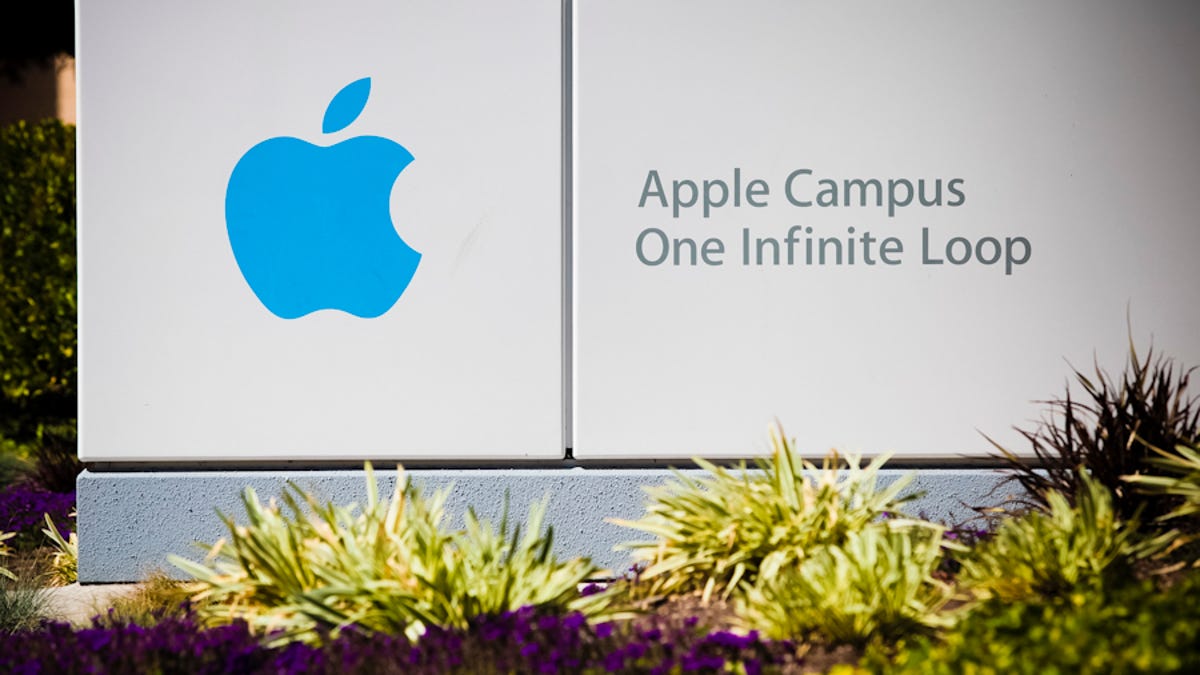Apple vs. DOJ: Does Tim Cook really want this fight?
A confrontation over e-books could lead to an ugly and protracted rumble with the trustbusters, as happened with Microsoft and IBM years ago.

We'll likely get the official word soon but it's starting to look as if Apple is about to get sued by the U.S. Department of Justice.
Sources confirmed with the Washington reporters for Bloomberg and Reuters that a lawsuit may get filed today. (Update 7:10 a.m. PT: Bloomberg and others are reporting that the U.S. has indeed sued Apple and Hachette over over e-book pricing.)
Simon & Schuster, Hachette Book Group, and HarperCollins are apparently settling with the government, while McMillan and Penguin are gearing for a fight -- along with Apple. (Disclosure: Simon & Schuster is owned by CNET News.com's parent, CBS.)
Since nobody is willing to go on the record just yet, we can only speculate about motive. The assumption is that the reported holdouts are clinging to their right to maintain the so-called agency model for retail price setting that would allow the publishers -- not vendors -- to set e-book prices. Viewed from another angle, it would let them continue to keep a foot on Amazon's neck as the result of the collusion alleged by the DOJ.
Bloomberg reports that the settlement demanded by the U.S. would allow Amazon and other retailers to operate using the wholesale model, charging customers what they want. At the same time, it would do away with the so-called most-favored nation clauses that Apple has in its contracts "that require book sellers to provide the maker of the iPad with the lowest prices they offer competitors, the people said.
Earlier, the Wall Street Journal had sussed out the general outline of the proposed settlement which, among other things, calls for a "cooling-off period" before the publishers could ink another deal. Apparently, the length of that cooling off period is a sticking point. Fortune's Philip Elmer-Dewitt quite rightly points out the risk for Apple:An extended cooling-off period -- in which Amazon goes back to selling bestselling e-books for $9.99 and Apple is still adding its 30% surcharge to the publishers' prices -- could seriously damage Apple's e-book business. Worse still, it could keep the books off the iBookstore altogether.
Of course, that's the worst-case scenario and you have to wonder whether the trustbusters put a compromise proposal on the table that Apple simply disliked. Either way, this episode raises more questions that leave outsiders, nose pressed up against the glass, scratching their heads. Does Apple CEO Tim Cook really want to duke it out with the DOJ? He doesn't need a history lesson and surely knows what happened after both IBM and Microsoft got drawn into their years-long confrontations with the trustbusters.

